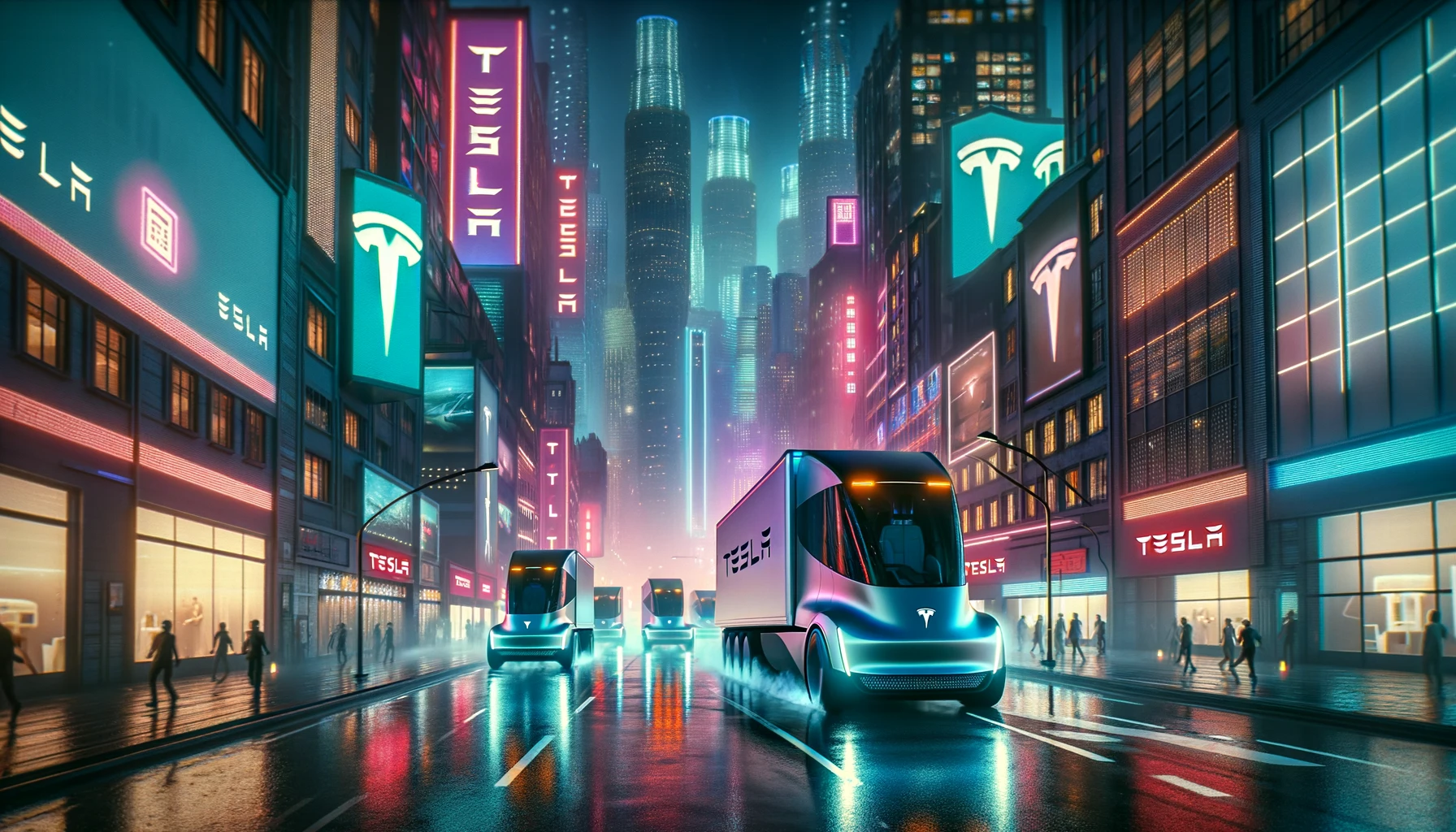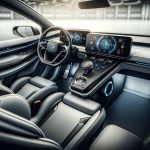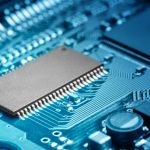Tesla’s Full Self-Driving (FSD) capabilities are sparking significant interest from investors, particularly RBC Capital, which places a higher valuation on the company’s autonomous technology than on its automotive manufacturing. The anticipation around Tesla’s introduction of a one-month free FSD trial could serve as a significant draw for potential customers and drive sales, particularly in the second quarter of 2024. RBC Capital’s analyst Tom Narayan suggests that this strategy may not only lure customers but could also enhance the FSD attachment rate, potentially boosting deliveries of models 3 and Y.
In discussions on the electric vehicle (EV) market, Tesla has frequently made headlines. The company’s Q1 2024 delivery figures, which marked an 8.5% decrease from the previous year, were the focus of recent discussions, with contributing factors such as factory shutdowns and geopolitical conflicts affecting distribution. The underlying question remains whether Tesla is experiencing the impacts of a broader slowdown in EV demand within the U.S. market. Historically, Tesla has seen fluctuations in its delivery figures due to various external factors, but its aggressive push towards FSD has consistently been a central point in its long-term strategy.
FSD Trial Could Boost Q2 2024 Sales
As Tesla aims to elevate its autonomous driving technology, the FSD trial emerges as a strategic move to increase consumer engagement. RBC Capital’s Tom Narayan underscores the idea that even in the worst-case scenario, the trial would attract more visitors to Tesla showrooms, while the best-case scenario would see a surge in FSD packages being added to vehicle purchases, potentially elevating deliveries of mainstream models like the Tesla Model 3 and Model Y.
Market Sentiment and Financial Perspectives
Despite the delivery shortfall in the first quarter of 2024, RBC Capital maintains an Outperform rating on Tesla with a price target of $290.00, a slight increase from the previous target. Tom Narayan notes that the current market sentiment towards Tesla is relatively negative, mainly due to the company’s failure to meet expected delivery numbers. Still, the potential impact of the FSD trial on Tesla’s market position could be substantial in the longer term.
Future Sales Projections and Market Impact
Looking ahead, RBC Capital forecasts robust sales for Tesla by 2035, including significant market shares in North America, Western Europe, and China. Analysts project that Tesla’s Model 3 and Model Y will dominate sales figures, with the Model 2 expected to hit impressive sales milestones upon maturity. These projections speak to Tesla’s anticipated market dominance and the growing importance of autonomous driving technology in its valuation.
In the broader context of EV market trends, articles such as “EV Sales Rise Despite Market Challenges” from CleanTechnica and “Global EV Outlook” by InsideEVs detail the overall growth of electric vehicles against obstacles like supply chain disruptions and raw material shortages. These articles suggest that while specific companies like Tesla may face temporary setbacks, the EV industry’s expansion continues unabated, bolstered by technological advancements and shifting consumer preferences.
Useful Information for the Reader
- Tesla’s FSD could be a key driver for future sales and stock performance.
- Q1 delivery numbers were impacted by factory and shipping issues.
- Long-term projections indicate Tesla’s strong position in the EV market.
Tesla’s trajectory continues to be closely monitored by market analysts and investors, with autonomous driving capabilities becoming an increasingly valuable component of the company’s overall valuation. Despite temporary setbacks like lower-than-expected deliveries in early 2024, the company’s strategic initiatives around Full Self-Driving technology imply a robust potential for growth, especially as it steers towards a future where autonomy plays a central role in transportation. The introduction of a free FSD trial stands as a testament to Tesla’s commitment to not just selling cars, but to leading the charge in an autonomous driving future.










